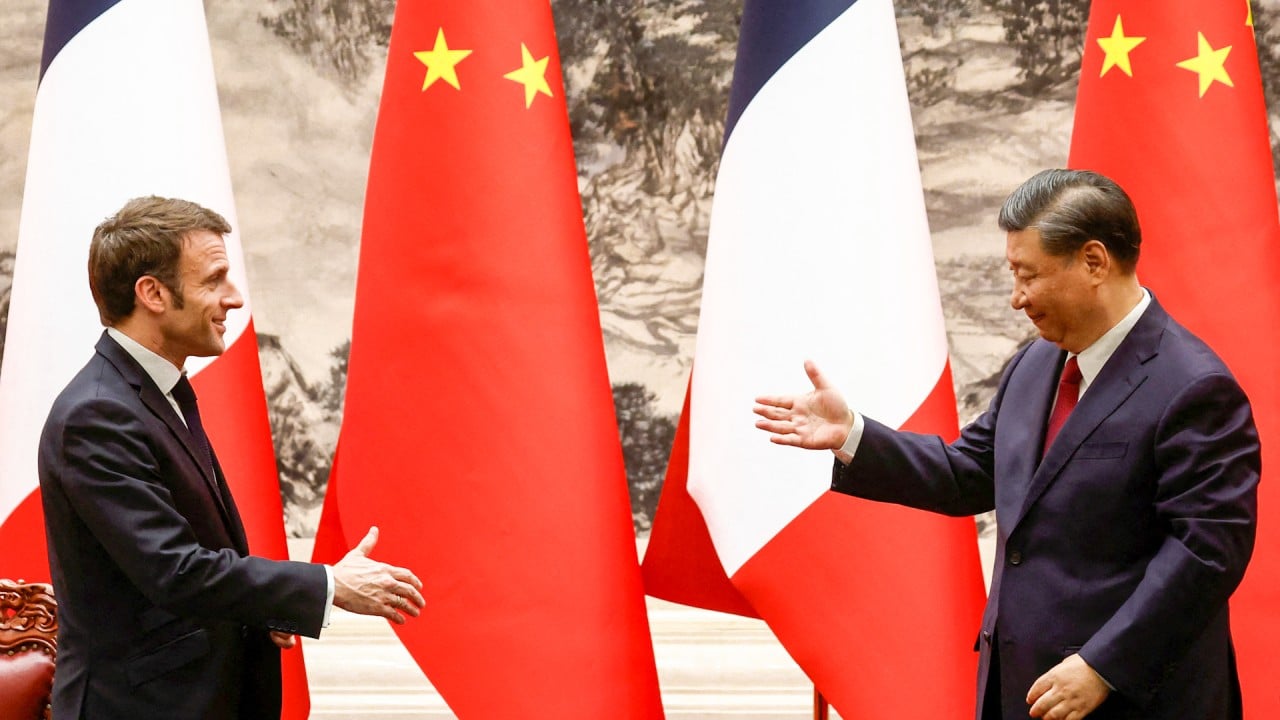
No good reason for Europe to follow the US’ China containment strategy
- Europeans’ sense of autonomy, the political lurch to the right and the urgent need for economic recovery are just a few factors suggesting Europe will break free from US-centric thinking
After conversations with more than 100 European friends, I feel that Europeans’ sense of autonomy is growing. This reinforces my belief that the US strategy of courting Europe to contain China is bound to fail.
Despite the ideological and geopolitical impact of this on Sino-European trade and investment, my conversations with European friends reveal not limitless criticism of China but limitless demands.
China has been among the European Union’s largest trading partners for years, and has been Germany’s most important for eight consecutive years. Last year, France’s direct investment in China increased by 84 per cent.
While some European politicians publicly brandish their fists at China, in private they are aware of Europe’s dependence on economic cooperation with China. Europeans are increasingly realising that after losing Russia, they cannot afford to lose China.
Many ordinary Chinese may not understand the implications of European politics or even have a desire to do so. But the willingness of European right-wingers to focus on domestic development and economic growth is seen as commendable.
Many Chinese have started to realise that Europe and the United States are different international actors. While there may be structural and strategic competition between China and the US, there is no substantial strategic contradiction between China and Europe.
Both China and Europe are long-standing civilisations, prefer green development, strive for regional peace and pursue a fair, equitable and rational international order. There is simply no logical basis for Europe to seek comprehensive and strategic competition with China.
Five days before President Xi’s visit to France, I jogged past the Eiffel Tower, Arc de Triomphe, Place de la Concorde, Louvre museum and Notre Dame cathedral. In this city of light, there is no shadow of the anti-Chinese feeling that emerged from the brief hysteria of the Covid-19 pandemic. Warm greetings from old book vendors along the left bank of the Seine added to the beauty of Paris in the bright sunshine.
I believe that increased exchanges will lead Europeans, including the French, to break free from US-centric thinking and to return to pragmatism. That’s why I feel optimistic about the future of China-Europe relations.
Wang Wen is professor and the executive dean of Chongyang Institute for Financial Studies, Renmin University of China


